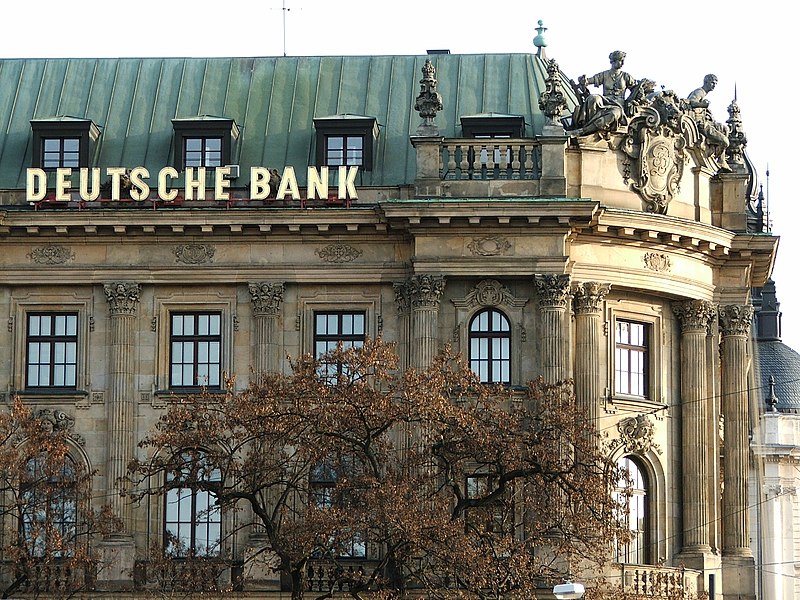
In a significant development, German inflation has notably eased in October, reaching its lowest point since August 2021, indicating a considerable cooling of headline inflation in the eurozone.
According to the Federal Statistics Office, German inflation in October stood at 3.0%, a noteworthy drop from the 4.3% year-on-year increase in consumer prices, harmonized for comparison with other European Union countries, recorded in September.
Additionally, core inflation, which excludes the volatile components of food and energy prices, decreased from 4.6% in the previous month to 4.3% in October.
While headline inflation is expected to continue its descent in the early months of the upcoming year, Commerzbank economist Ralph Solveen anticipates that the core inflation rate will stabilize at around 3% by the spring, at the latest.
Solveen commented, "We expect underlying inflation to remain significantly higher than the ECB would like in the coming year."
Central bankers view higher-than-forecasted inflation as one of the primary risks, as it could potentially extend central banks' tightening efforts, resulting in a prolonged period of higher interest rates.
Economists surveyed by Reuters project that eurozone inflation will recede to 3.2% in October from the 4.3% recorded in September. The official inflation data will be released on Tuesday.
Carsten Brzeski, ING's global head of macro, emphasized that demographic shifts, derisking, and decarbonization all contribute to upward pressure on price levels. He also noted that at some point, the European Central Bank might regret setting its inflation target at 2.0% rather than around 2%. Photo by Andre Engels, Wikimedia commons.



































